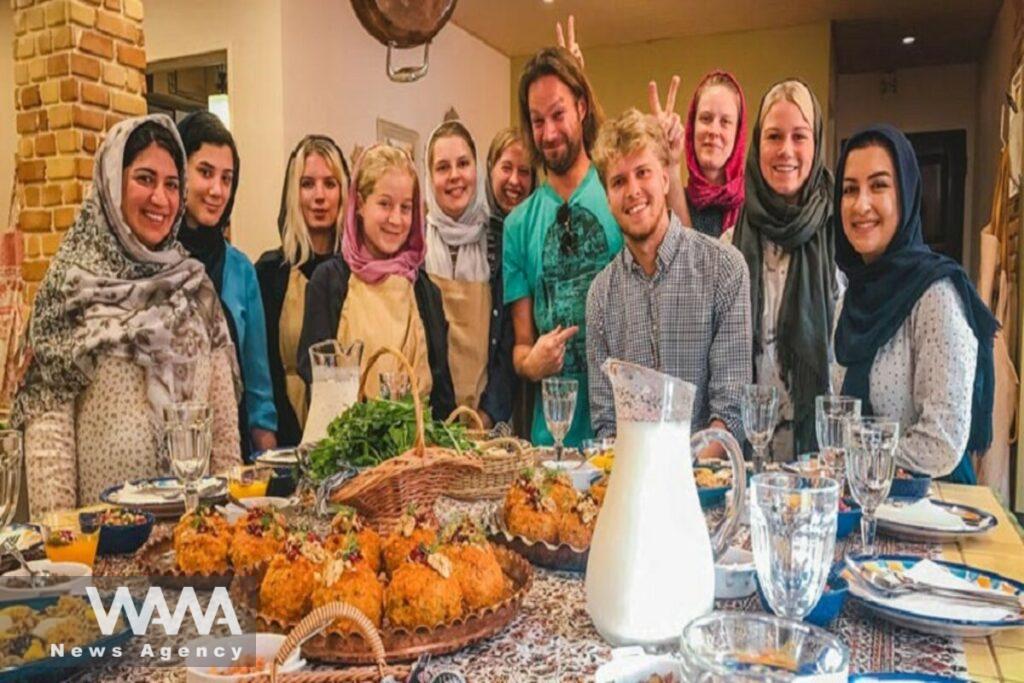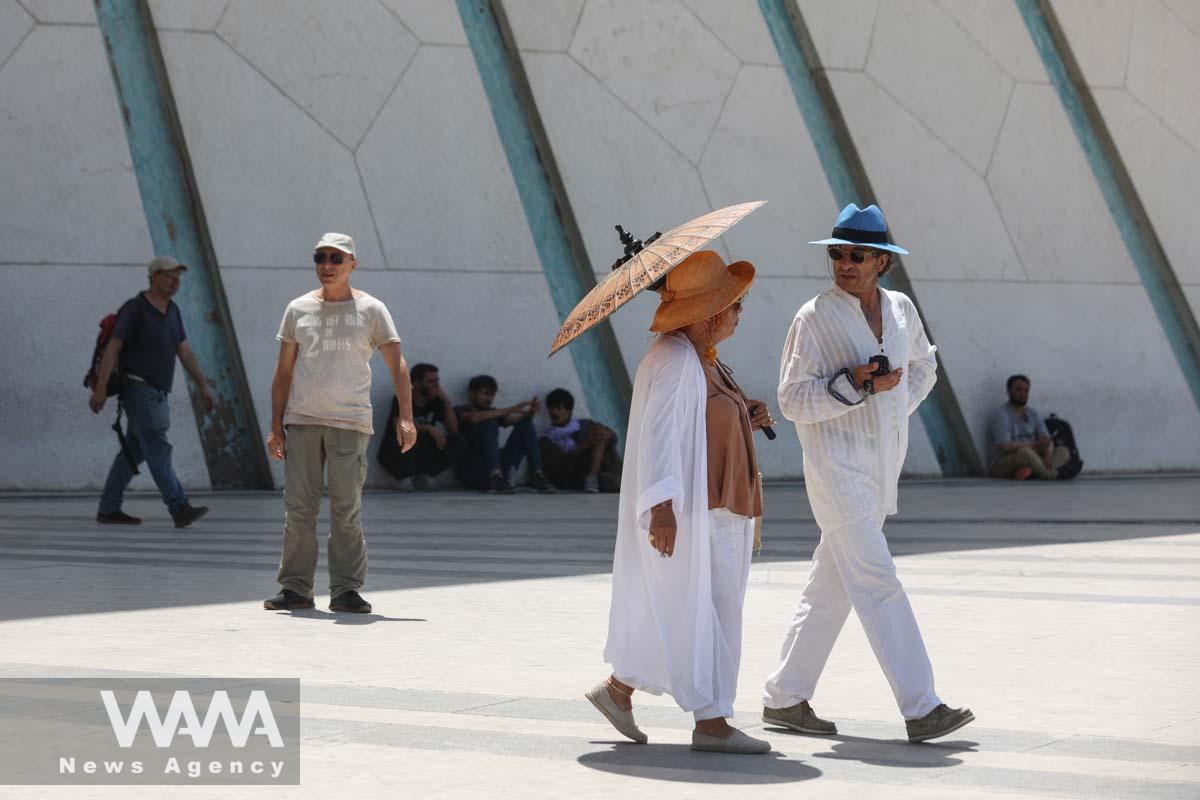The Iranian Art of Taarof: Confusing Tourists Since Forever!
WANA (Apr 16) –If you ever find yourself in Iran, be prepared for one of the most fascinating and baffling social customs you’ll ever encounter—taarof. It’s not just a polite gesture or simple hospitality; it’s an intricate dance of words, humility, and unspoken rules that can leave even the most experienced travellers completely bewildered.
What Is Taarof, Exactly?
Taarof is a cultural code of conduct deeply rooted in Iranian society. At its core, it is about showing extreme politeness and humility, often by refusing offers, downplaying one’s needs, or insisting that others go first—even when neither party actually means what they’re saying. It’s an elaborate way of showing respect while maintaining social harmony.
Where You’ll Encounter Taarof
If you spend any amount of time in Iran, you’ll come across taarof in nearly every social interaction. Here are some common scenarios where it plays out:
- At Shops and Markets: You pick up a beautiful handmade Persian rug and ask for the price. The shopkeeper responds, “Gheymat nadare” (“It has no price”), implying it’s too valuable to be sold. Rest assured, it does have a price—you just need to insist on knowing it.
- At a Friend’s House: Your Iranian host piles your plate with food and insists, “Please, have more!” Even if you’re about to burst, refusing outright might be considered rude. The polite move? Decline a couple of times, and only then, if you’re truly full, your host will believe you.
- In Restaurants: You go out to dinner with an Iranian friend, and when the bill arrives, an intense battle of taarof begins. Both parties insist on paying, with each person dramatically refusing to let the other cover the cost. If you’re caught in this situation, be prepared to fight for the check—but know that, sometimes, the host has already secretly paid in advance.

A Typical Taarof Situation
Picture this: You step into a taxi in Tehran, reach your destination, and offer to pay. The driver, without hesitation, says, “Ghabel nadare” (which loosely translates to, “It’s nothing, you don’t have to pay”). A confused tourist might take this at face value, thank the driver, and start to leave—only to find the driver suddenly less enthusiastic about his generosity. What just happened?
This was taarof in action. The driver never actually meant the ride was free—he was just performing a ritual of politeness. The correct response? Insist on paying at least two or three times before he finally relents and accepts the money.
When Taarof Gets Out of Hand
Taarof can be charming, but it can also lead to some hilarious and frustrating situations. Imagine a guest standing at the doorway for 10 minutes, refusing to enter because the host keeps saying, “No, no, please, after you!” Meanwhile, the host won’t close the door until the guest finally steps inside. It’s a never-ending cycle of politeness that can leave everyone standing awkwardly in the hallway.
Or consider this: A foreign visitor might compliment an Iranian on their watch, only to have the owner immediately insist, “It’s yours, please take it!” The tourist, completely unaware of taarof, hesitantly accepts—leaving the Iranian now forced to hand over their beloved accessory! (Spoiler alert: The correct response was to politely refuse a few times until the owner took back their offer.)

The Secret to Navigating Taarof
For non-Iranians, taarof can be overwhelming at first, but there are a few tricks to handling it like a pro:
- When someone refuses to take your money or offer you something too generously, assume it’s taarof and insist a couple of times before accepting or rejecting.
- Pay attention to body language. If someone is taarof-ing, they often hesitate slightly or smile while refusing.
- If you’re unsure, ask directly. A simple, “Is this taarof or do you really mean it?” can clear up any confusion.
Taarof is a cultural art form that adds depth, humor, and complexity to Iranian social interactions. It may seem like an endless game of ‘who can be the most polite,’ but at its heart, it reflects the deep-rooted values of respect and generosity in Iranian society. So the next time you find yourself in Iran and someone insists you take their car, house, or first-born child—just smile, decline three times, and enjoy the beauty of taarof in action.













